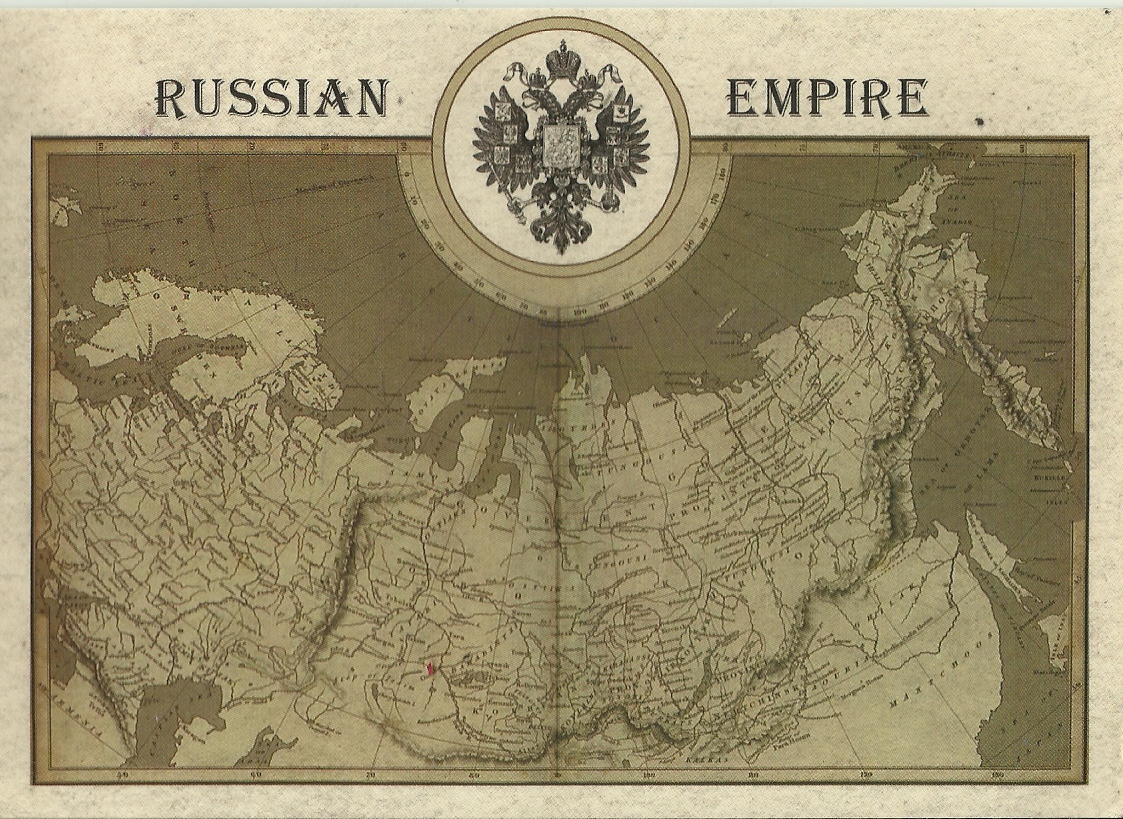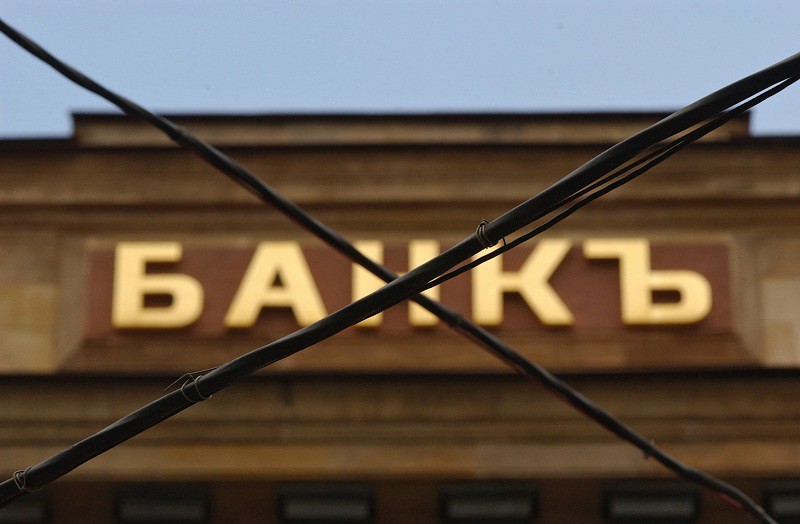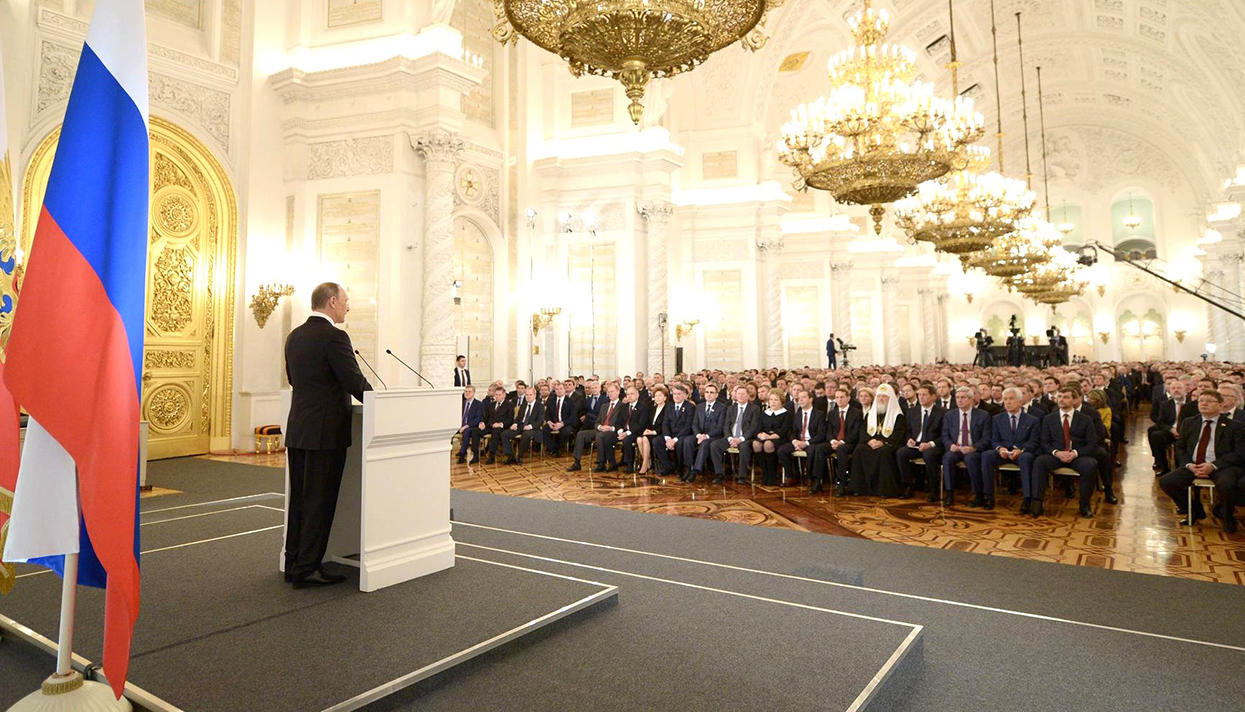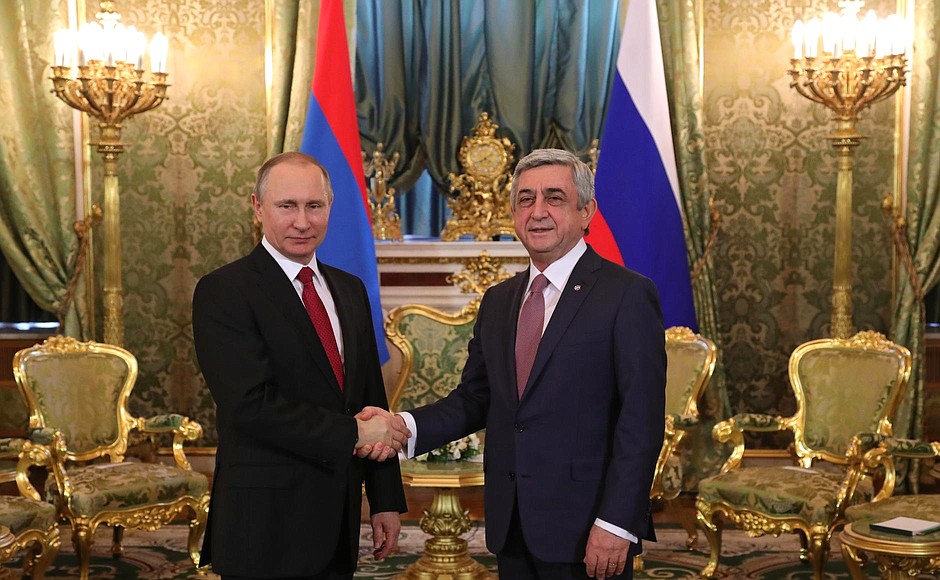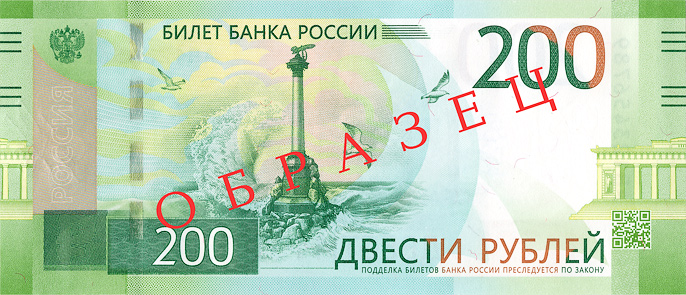Despite Vladimir Putin’s aggressive Russification program at home and his promotion of the Russian language abroad, the Kremlin leader’s “Russian world” – which in the absence of any other unifying factor he continues to define in linguistic terms – continues to shrink often in unexpected ways and in unexpected places.
Four indications of this surfaced in the last few days:
- Russian-Language TV Broadcasts End in Armenia. As a result of a 35,000 US dollar grant from the Armenian government, Armenian television will change the language of the “Who, Where, When?” program on stat television from Russian to Armenian. That ends Yerevan broadcasting in Russian (Sources: regnum.ru and aravot-ru.am).
- Helsinki Shuts Down Russian-Language School Option in Eastern Finland. The Finnish government has ended a program in which pupils could study Russian rather than Swedish if they live in the east of the country. The authorities explained they were doing so because Finns there lacked interest in studying Russian (Source: versia.ru).
- Ukraine’s Kherson Oblast Ends Regional Status of Russian. By a vote of 46 to 18, deputies in the Kherson regional parliament have voted to strip Russian of its status as a regional language. Earlier Kharkiv and Zhytomyr oblast took analogous steps to reduce the public use of Russian (Source: charter97.org).
- Tatars Say They are Increasingly Using Tatar. A survey finds that despite Moscow’s pressure to shift to Russian, Tatars in both the rural and urban portions of the Middle Volga republic say they are now using Tatar more than they did two decades ago. More than 86 percent of rural Tatars and more than 67 percent of urban ones say they speak and write it fluently, eight percent more in each case than in 2001. It is uncertain whether these declarations reflect a real change or an act of national defiance of Moscow (Source: tatar-inform.ru).
Further Reading:
- Putin’s ‘Russian world’ rapidly contracting in Ukraine and elsewhere, Sokolov says
- The “Russian World” as a political technology used against Ukraine
- Russian-speaking Belarusians and Ukrainians threaten Putin’s ‘Russian world’ and Russia itself
- Putin’s Russian world seeks to offer others 12 unattractive values, Sytin says
- Middle Volga Muslim fighters for ‘Russian world’ in Donbas divided on its meaning, Suleymanov says
- From “Russian world” supporter to Ukrainian patriot: a story of a Donbas girl’s worldview transformation
- Putin’s Russian world increasingly informed by a Nazi aesthetic, Moscow specialist says




